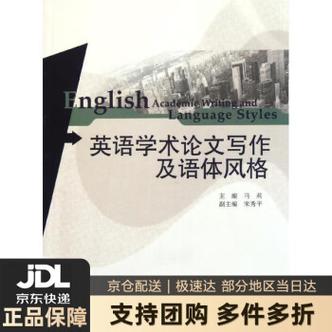
腊八节的由来英语作文
腊八节的由来英语作文
Buddhism was well accepted in the areas inhabited by the Han Chinese, who believed that Sakyamuni the first Buddha and founder of the religion, attained enlightenment on the eighth day of the twelfth month. Sutras were chanted in the temples and rice porridge with beans, nuts and dried fruit was prepared for the Buddha. With the passing of time the custom extended, especially in rural areas where peasants would pray for a plentiful harvest in this way.
There is, however, another touching story: When Sakyamuni was on his way into the high mountains in his quest for understanding and enlightenment, he grew tired and hungry. Exhausted from days of walking, he fainted away by a river in India. A shepherdess found him there and fed him her lunch -- porridge made with beans and rice. Sakyamuni was thus able to continue his journey.
腊八节的由来英语作文
Legend about the origin of this festivity abounds One maintains that over 3,000 years ago sacrificial rites were held in the twelfth lunar month when people offered up their prey to the gods of heaven and earth. The Chinese characters for the hunt and the twelfth month (lie and la) were interchangeable then, and ever since la has been used to refer to both. Since the festival was held on the eighth day of the last month, people later appended the number eighth (ba in Chinese), giving us the current laba.
Buddhism was well accepted in the areas inhabited Han Chinese, who believed that Sakyamuni, the first Buddha and founder of the religion, attained enlightenment on 12/8. Sutras were chanted in the temples and rice porridge with beans, nuts and dried fruit was prepared for the Buddha. With time the custom extended, especially in rural areas where peasants would pray for a plentiful harvest in this way.

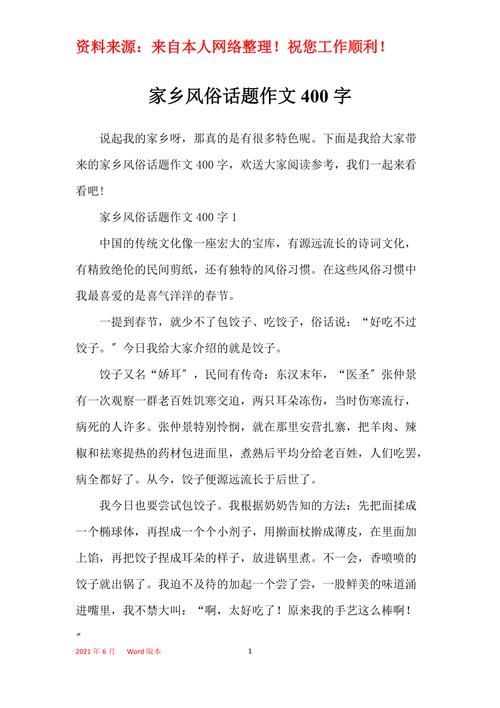
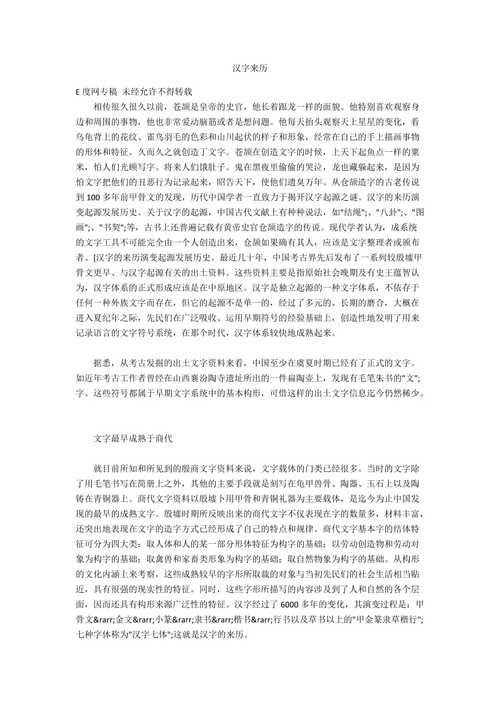
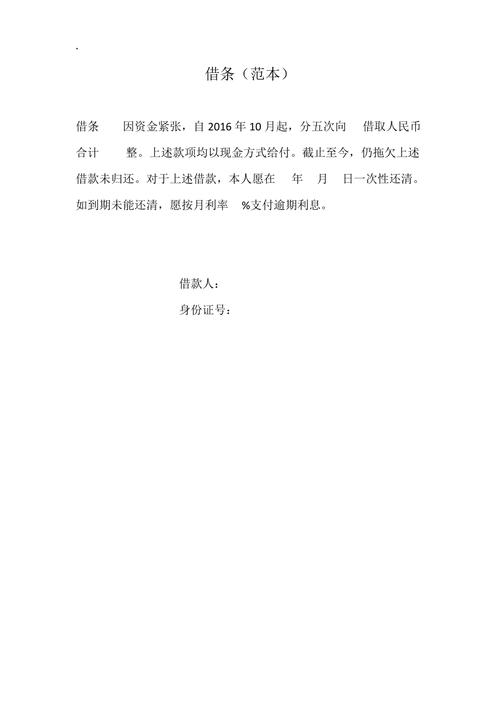

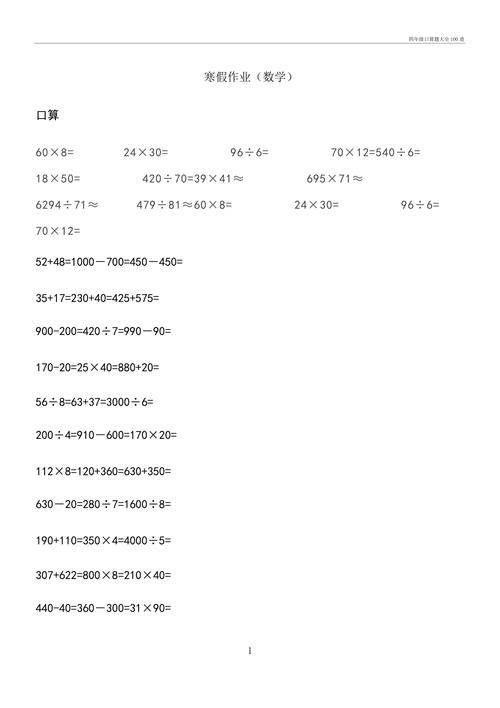



 扫一扫支付
扫一扫支付


